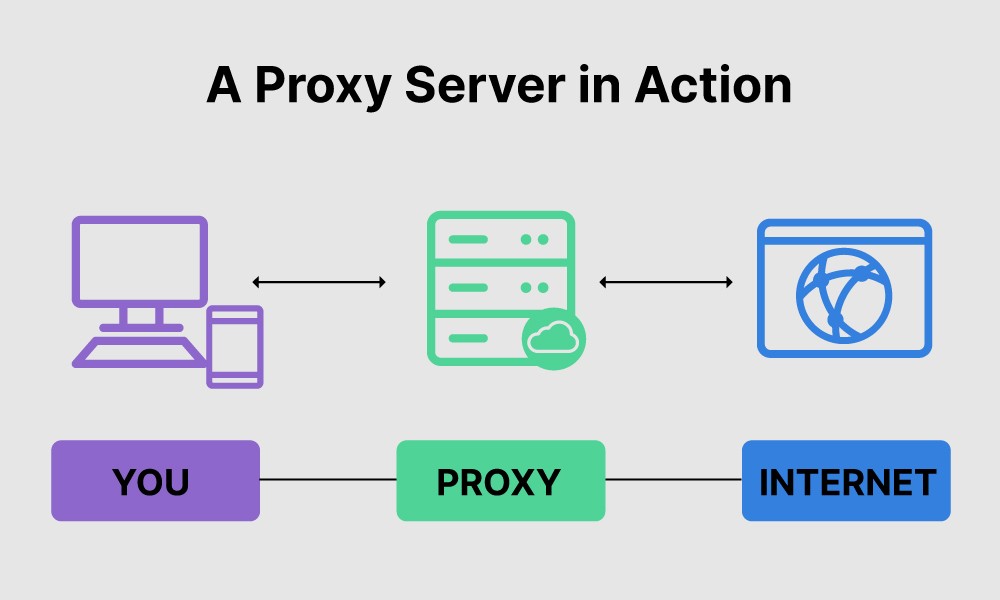Cryptocurrencies and Cybersecurity: Navigating the Digital Frontier

In the expansive and intricate world of digital finance, cryptocurrencies have emerged as a symbol of innovation and freedom, offering a new paradigm of financial transaction and storage. However, this frontier is not without its perils. As the adoption and value of cryptocurrencies have skyrocketed, so too has the attention from cybercriminals, making cybersecurity a critical concern for users, exchanges, and developers alike. This article delves into the unique cybersecurity challenges posed by cryptocurrencies and the strategies being employed to navigate this digital landscape securely.
The Allure of Cryptocurrencies for Cybercriminals
Cryptocurrencies, by their very nature, present a lucrative target for cybercriminals. Their digital format, combined with the anonymity and irreversible transactions inherent to blockchain technology, provides a fertile ground for various forms of cyber malfeasance, including theft, fraud, and ransomware. High-profile exchange hacks and wallet breaches have underscored the vulnerabilities within the ecosystem, leading to significant financial losses and eroding trust among users.
Key Cybersecurity Challenges in the Cryptocurrency Space
- Exchange Security: Cryptocurrency exchanges, where users buy, sell, and store digital assets, have been prime targets for hackers. Despite improvements in security protocols, the centralized nature of many exchanges presents a single point of failure that can be exploited.
- Wallet Security: Individual wallets, especially hot wallets that are connected to the internet, are vulnerable to attacks. Phishing, malware, and even physical theft of hardware wallets pose significant risks to users’ holdings.
- Smart Contract Vulnerabilities: DeFi platforms and other applications that utilize smart contracts are susceptible to exploits if the contract code contains bugs or vulnerabilities, leading to potential loss of funds.
- Privacy and Anonymity: While cryptocurrencies offer a degree of anonymity, sophisticated tracking techniques and blockchain analysis tools can sometimes be used to trace transactions back to individuals, raising privacy concerns.
Strategies for Enhancing Cybersecurity
To combat these challenges and secure digital assets, a multifaceted approach to cybersecurity is essential:
- Secure Exchange Practices: Exchanges are bolstering their defenses through a combination of cold storage solutions, multi-signature wallets, real-time monitoring, and insurance policies to protect against losses.
- Personal Security Measures: Individuals are encouraged to use hardware wallets for storing significant amounts of cryptocurrencies, enable two-factor authentication, and be vigilant against phishing and social engineering attacks.
- Smart Contract Auditing: Before deployment, smart contracts should undergo thorough auditing by independent security experts to identify and rectify potential vulnerabilities, minimizing the risk of exploits.
- Privacy Enhancements: Privacy-focused cryptocurrencies and technologies, such as zero-knowledge proofs, offer users enhanced anonymity and security by obfuscating transaction details.
The Role of Regulation and Education
As the cryptocurrency landscape continues to evolve, regulatory clarity and education play pivotal roles in enhancing cybersecurity:
- Regulatory Frameworks: Clear and effective regulatory guidelines can help standardize security practices across the industry, protecting consumers and reducing the risk of large-scale breaches.
- Cybersecurity Education: Educating users about the risks associated with cryptocurrencies and the best practices for securing their assets is crucial. Awareness campaigns and resources can empower individuals to take proactive steps in safeguarding their digital wealth.
Looking Ahead: The Future of Cryptocurrency Cybersecurity
As the arms race between cybercriminals and cybersecurity professionals wages on, the future of cryptocurrency security hinges on innovation, collaboration, and vigilance. Advances in encryption, decentralized security models, and quantum-resistant blockchain technologies hold promise for enhancing the security of digital assets.
Navigating the digital frontier of cryptocurrencies demands a comprehensive approach to cybersecurity, blending advanced technology, regulatory oversight, and informed user behavior. While challenges persist, the ongoing efforts of the cryptocurrency community to fortify security measures and educate users are essential steps toward creating a safer and more resilient digital financial ecosystem. As cryptocurrencies continue to mature and integrate into the global financial system, their success will be inextricably linked to the ability to secure and protect digital assets against the ever-evolving landscape of cyber threats.






